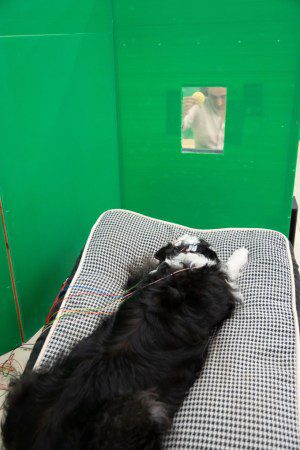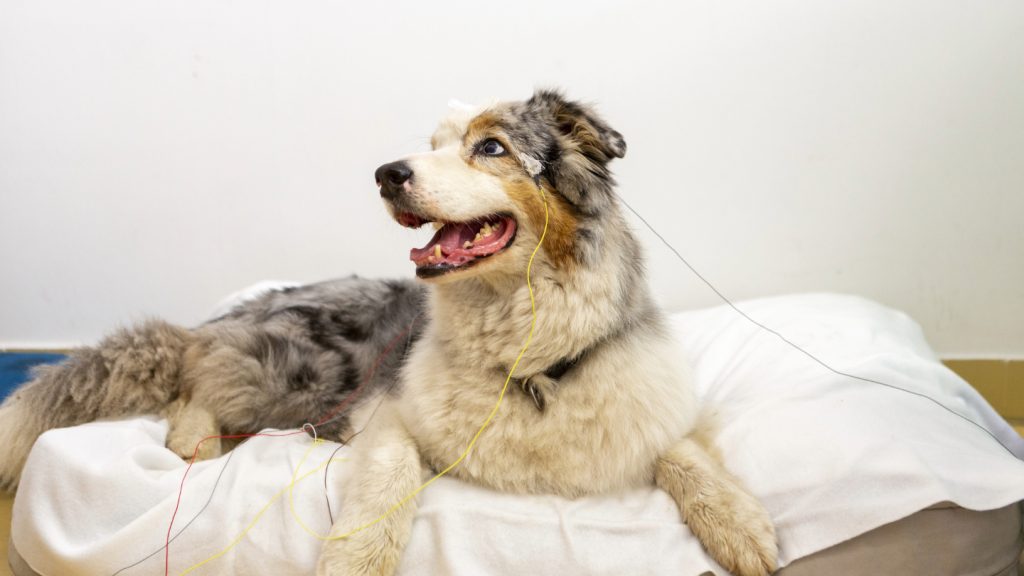Dogs might understand more than they show. When their owners presented them with an unexpected toy, pet dogs’ brains showed signs of surprise. This discovery was published on March 22 in Current Biology, indicating that dogs form mental ideas of objects.
Ellen Lau, a neuroscientist at the University of Maryland in College Park, says that people who have spent time with dogs would not be surprised to learn that dogs grasp that your speech refers to at least a few common objects. Lau emphasizes the importance of evidence like this that goes against the idea that such understanding is merely a simple, almost reflexive reaction to the sound of the word.
Some exceptionally talented dogs have extensive vocabularies. For example, a well-known border collie named Chaser was familiar with over 1,000 words for toys. Marianna Boros, a neuroscientist and ethologist at Eötvös Loránd University in Budapest, and her colleagues were interested in dogs that are not as skilled at fetching specific toys as Chaser. Boros states, “They can be bored or not willing to perform or be more interested in the other toy than the toy they’re supposed to fetch.”
The researchers enlisted 27 pet dogs (and their owners), including a toy poodle, an Akita, a Labrador, and some mixed breeds, although brain data for only 18 dogs were included in the final analysis. Boros and her colleagues asked the owners to bring five familiar toys to the lab. Then, the team attached electrodes to the dogs’ heads and requested them to do two things: lie on a comfortable mat and stay awake.
Periodically, the dogs would listen to a recording of their owner saying things like, “Kun-Kun, look, the ball!” The dogs’ owner was on the other side of a wall with a window. This special window could instantly change from opaque to translucent, allowing the dog to see through. Right after the audio played, the window would reveal the owner holding a toy. Sometimes the toy was the ball, and at other times, it was a different toy, like a rope.

This signal indicates surprise, according to the researchers, and implies that the dog had already developed a mental concept and expectation of the ball after hearing that word. In fact, the signal was particularly strong for a mismatch involving words that the dogs reportedly knew very well. Boros points out, “That suggests that it is really about understanding and knowledge of the word.”
Oszkár Dániel Gáti
Humans also have a surprise signal, called the N400 effect, which happens in the brain after something unexpected happens. Lau says that there have been thousands of human studies exploring and using this N400 effect. However, until now, there has been no evidence of a similar signal in dogs.
This neural signal of surprise in the dogs’ brains was not surprising, Boros says. Scientists have previously discovered hints about how dogs understand meaningful words, but the findings provide a glimpse into the mental lives of dogs that didn't exist before (SN: 8/30/16). "We can say that they passively comprehend the words," she says. "They understand more than they display signs of."



